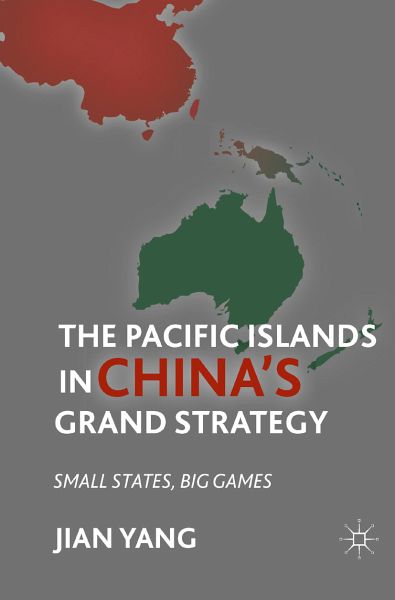
The Pacific Islands in China's Grand Strategy (eBook, PDF)
Small States, Big Games
Versandkostenfrei!
Sofort per Download lieferbar
80,95 €
inkl. MwSt.
Weitere Ausgaben:

PAYBACK Punkte
40 °P sammeln!
This book looks at Chinese policy towards the South Pacific in the context of China's grand strategy. Analysts are divided on the implications of China's deepening involvement in the region and the study of Chinese involvement in the South Pacific is a part of the great debate on the rise of China.
Dieser Download kann aus rechtlichen Gründen nur mit Rechnungsadresse in A, B, BG, CY, CZ, D, DK, EW, E, FIN, F, GR, HR, H, IRL, I, LT, L, LR, M, NL, PL, P, R, S, SLO, SK ausgeliefert werden.












